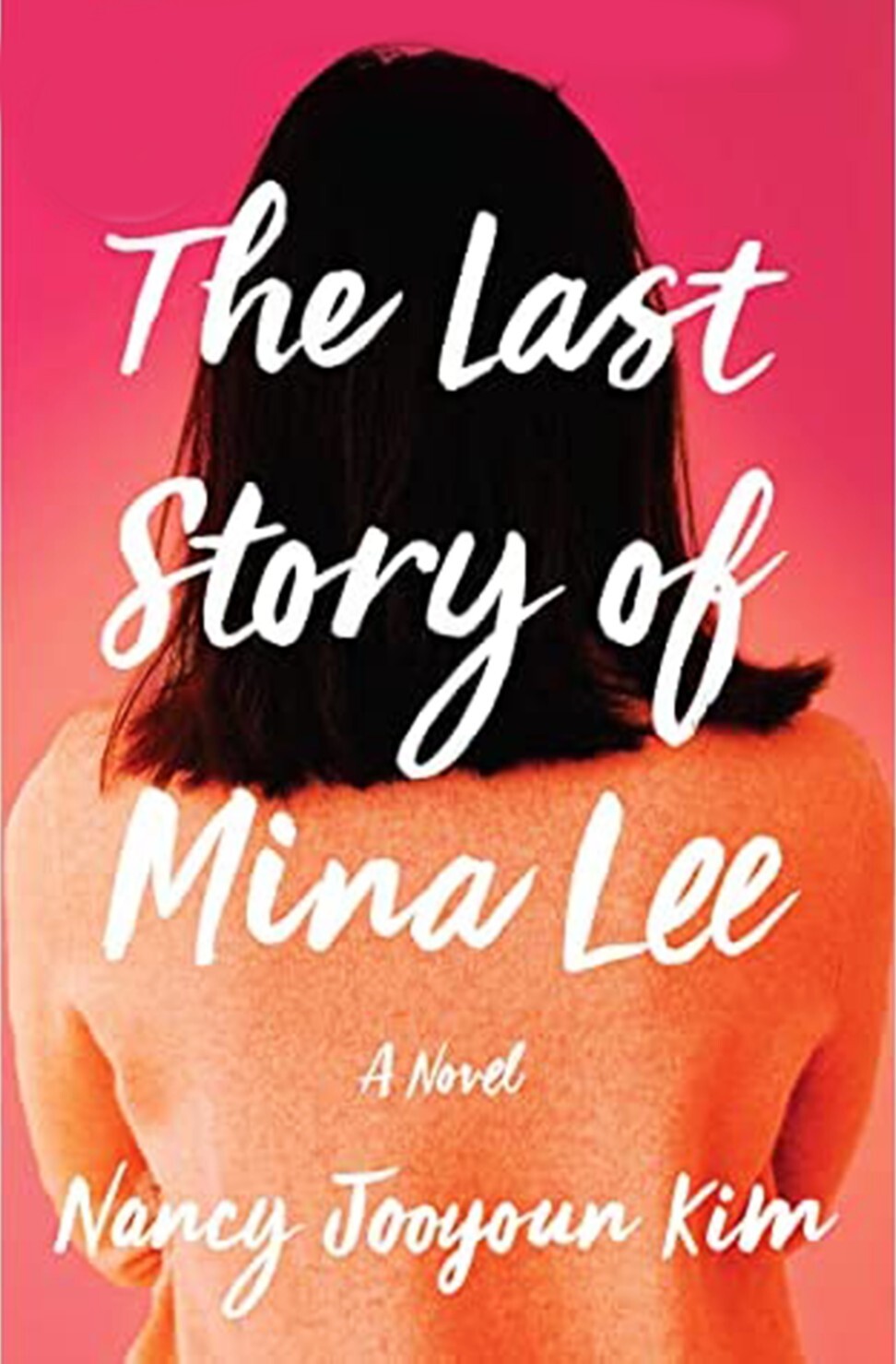
On Lighthouses and The Last Story of Mina Lee – one takes on isolation, the other the immigrant experience
Mexico City-born writer Jazmina Barrera explores lighthouses around the world and in literature, while Nancy Jooyoun Kim’s debut novel takes the reader through grief, racism, the Korean war, family separation and more

On Lighthouses by Jazmina Barrera (translated from Spanish by Christina MacSweeney), Two Lines Press
Lighthouses are always anchored – to a shoreline, in our minds – but it’s hard to pin down this book on the subject. Jazmina Barrera organises On Lighthouses around half a dozen towers, in the United States, Spain, France and elsewhere, but the chapters are discursive, one minute illuminating their history, the next the author’s lighthouse “collection”, which includes lighthouses in literature, from Virginia Woolf’s To the Lighthouse (1927) to Menchu Gutiérrez’s Basenji (1994), about a lighthouse keeper and his dog.
It also includes lighthouses the author will never see, because they are extinct: the 3rd century BC “Pharos” of Alexandria, whose flame was visible more than 50km away, collapsed after a 1323 earthquake. Barrera is aware hers is not an original hobby, but she says researching lighthouses was like falling in love. She draws their interior plans to understand their staircases, their lights, their “guts”.
And she has favourites. “I prefer lighthouses with proper names,” she writes, explaining these are rare because they are usually connected to their locations. One that will capture your heart is children’s writer Hildegarde Swift’s “little red lighthouse”, on the Hudson River, saved after its 1948 decommissioning by readers who couldn’t bear to lose a part of their childhood. “People refused to allow life to be so prosaic.”

The Last Story of Mina Lee by Nancy Jooyoun Kim, Park Row
The Last Story of Mina Lee had this reviewer wondering how the vomit draft would have read. That’s the first version of a work, without the finessing that sees writers producing draft upon draft until all they want is for “the end” to mean “no more”. It’s in the denouement that US-born Nancy Jooyoun Kim’s novel feels as though it has gone through too many loose-end-tying workshops. But that’s not to say the book isn’t entertaining.
An affecting debut novel, it propels you through death, grief, immigration, racism, the Korean war, family separation, church, love and secrets, not necessarily in that order, until all is revealed about how the titular character met her untimely end. Most moving is the mother-daughter relationship, a comment on the cultural and generational differences that cleave migrant families.
In 1987, widow Mina Lee flees Seoul alone for a new life in Los Angeles’ Koreatown, where she has an affair with a married man. Their child, Margot, now 26 and living in Seattle, grows up speaking to her mother in Korean, a language in which she is far from fluent. Mina’s foreignness, tastelessness, poverty and lack of control drive her daughter away, but when Margot finds an obituary among her deceased mother’s belongings, the process of understanding begins. Would that the ending retain the messiness of life.